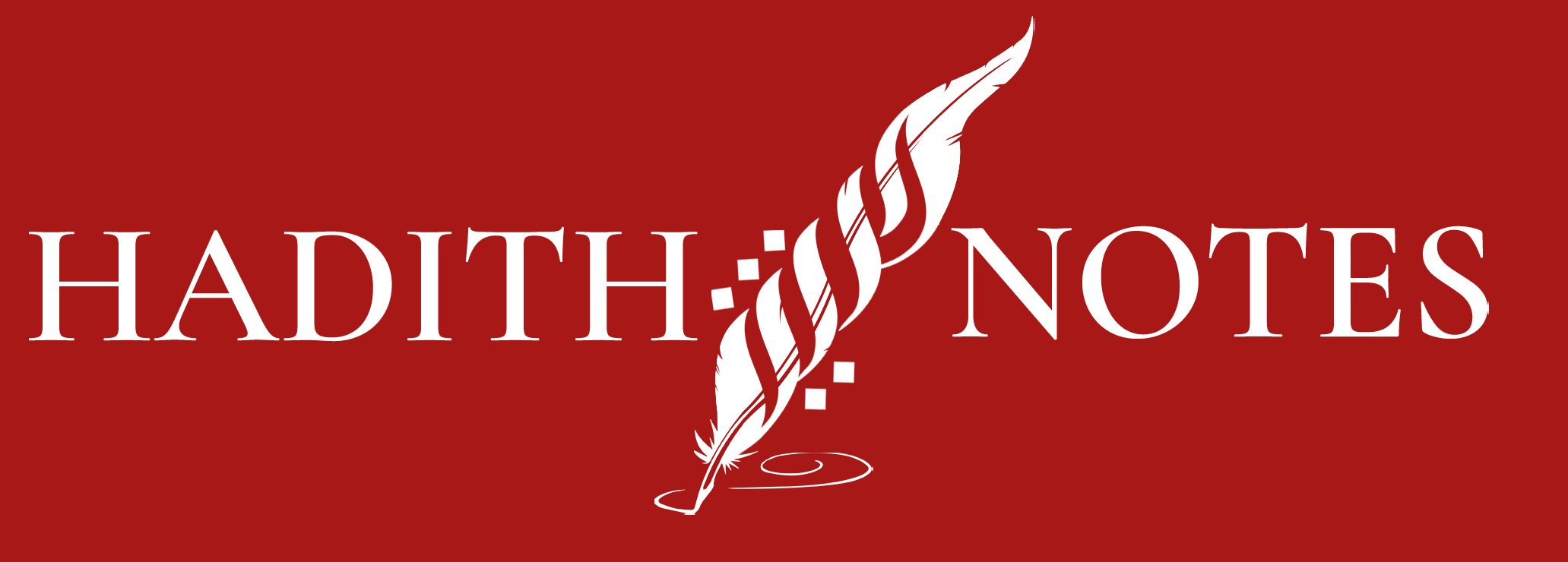A Study of Imām Muḥammad al-Shaybānī’s al-Ḥujjah ʿalā Ahl al-Madīnah By Dr. Nājī Lamīn Translated by Muntasir Zaman [Translator’s note: the following excerpt explores the legal theory of Imām Muḥammad ibn al-Ḥasan al-Shaybānī (d. 189 AH), a pioneer of the Ḥanafī school and leading acolyte of its eponym,[1] in light of his landmark polemic against the Medinese, al-Ḥujjah ʿalā Ahl al-Madīnah.[2]...
A Historical Overview of Islāmic Legal Maxims
A Historical Overview of Islāmic Legal Maxims By Shaykh Muṣṭafā al-Zarqā Translated by Muntasir Zaman[1] Unlike conventional legal texts, Islamic legal maxims were not formulated at once. The conceptual underpinnings of these maxims and their definitions developed gradually when jurisprudence blossomed at the hands of leading jurists from the rank of derivative opinion-making (takhrīj) and rule...
The Life and Works of the Hanafī Jurist and Hadīth Scholar Qāsim ibn Qutlūbughā
The Life and Works of the Hanafī Jurist and Hadīth Scholar Qāsim ibn Qutlūbughā By Shaykh Muhammad ‘Awwāmah Translated by Muntasir Zaman Introduction His name is Zayn al-Dīn Abū al-‘Adl Qāsim ibn Qutlūbughā al-Jamālī al-Hanafī, better known as ‘Allāmah Qāsim. He was born in Cairo in 802 AH where he lived until his demise in Rabī‘ al-Ākhir 879 AH. Growing up as an orphan, he began his studies at a...
On the Study of Comparative Fiqh (al-Fiqh al-Muqāran)
On the Study of Comparative Fiqh (al-Fiqh al-Muqāran) By Dr. Salāh Abū al-Hājj Translated by Muntasir Zaman [The following is an abridged translation of Dr. Salāh Abū al-Hājj’s discussion on comparative Fiqh. The author describes three methods of studying the differences of the jurists. The third method, better known as comparative Fiqh, is a modern concept that traces its origins to the 20th...
Distinctive Traits of the Islamic System of Inheritance
Distinctive Traits of the Islamic System of Inheritance By Mufti Taqi Uthmani Translated by Muntasir Zaman Islamic law has put in place a fair and wise system of inheritance. The Qur’an and Sunnah have meticulously elucidated the subject without leaving it to human reasoning, which is unable to fully grasp the profound wisdom only encompassed by Allah Most High. We, therefore, find that the...
Assessing the Status of Imām Abū Hanīfah According to the Methodology of the Hadīth Scholars
Assessing the Status of Imām Abū Hanīfah According to the Methodology of the Hadīth Scholars By Shaykh Shākir Fayyād With comments by Shaykh ‘Abd al-Fattāh Abū Ghuddah [Translator’s Preface: the following is a summary by Shaykh ‘Abd al-Fattāh Abū Ghuddah of a book which analyzes the allegation of weak memory leveled against Imām Abū Hanīfah. In this study, the author uses the methodology of the...
Laying the Foundation: A Historical Analysis of Kūfah’s Academic Development
Translator’s Preface The profound influence ones environment has in shaping his personality, worldview, and knowledge is a universally accepted fact. It is as the age-old proverb goes, “Tell me the company you keep, and I will tell you who you are.” As such, to appreciate the early Muslim scholars of ‘Irāq, in particular those of Kūfah, it is of paramount importance to understand the academic...
The Ruling of the Jumu‘ah Prayer on the Day of ‘Īd in Light of Textual Evidence
Translator’s Preface As the day of ‘Īd draws near, the exuberance and joy of Muslims becomes increasingly manifest. After devoting an entire month to fasting, worshiping, and other religious obligations, a believer embraces the joyous occasion of ‘Īd al-Fitr spiritually uplifted and reformed. It is with immense grief, however, that during such blessed days we witness reoccurring episodes of...
Clarifying the Maxim: Our Madhhab is Correct and Possibly Incorrect
Clarifying the Maxim: Our Madhhab is Correct and Possibly Incorrect While the Madhhab of Others is Incorrect and Possibly Correct. By Shaykh Muhammad ‘Awwāmah[1] Translated by Muntasir Zaman Objection: The following maxim is often quoted in the books of Fiqh: Our madhhab is correct and possibly incorrect while the madhhab of others is incorrect and possibly correct. What kind of conduct is this...
The Dynamics of Practicing on Hadīth
Translator’s Preface The following is a dialogue that took place between ‘Allāmah Zāhid al-Kawtharī (d. 1371) and Shaykh Taqī al-Dīn al-Hilālī (d.1407) regarding the status of lifting ones hands (raf’ al-yadayn) in prayer in light of hadīth. The purpose of translating this dialogue is not to exhaust all the existing evidence of a particular view or to prove the superiority of one practice over...

